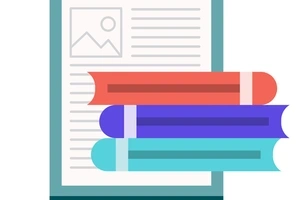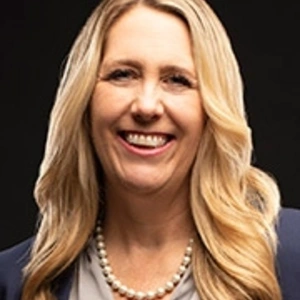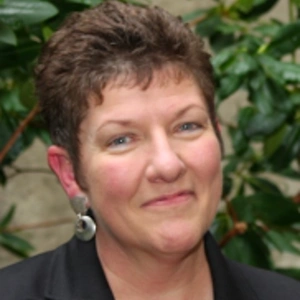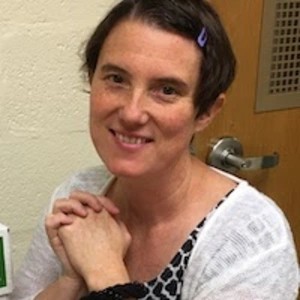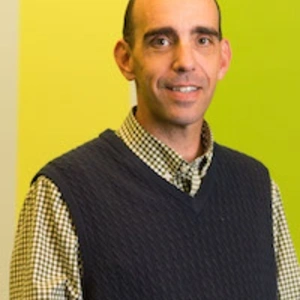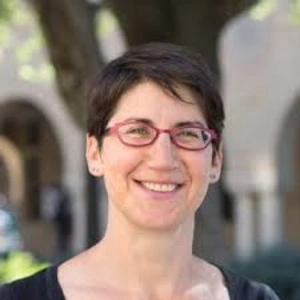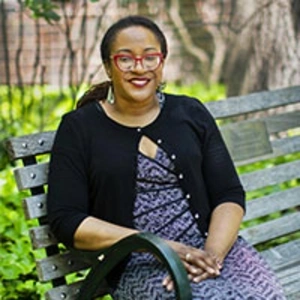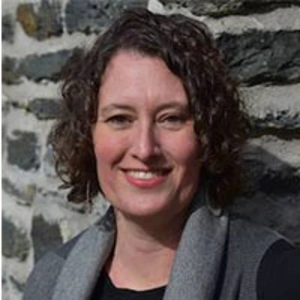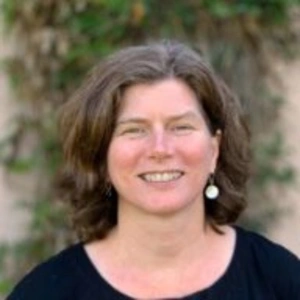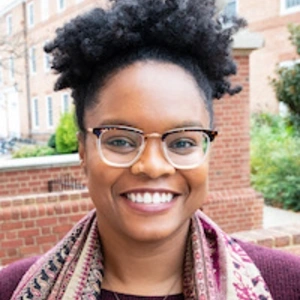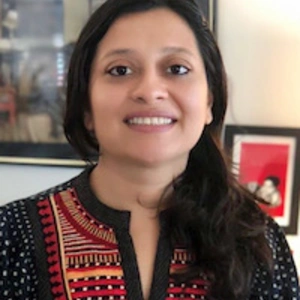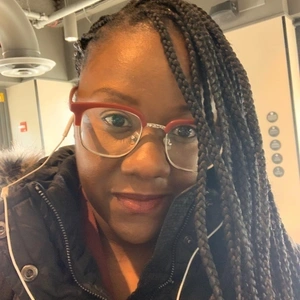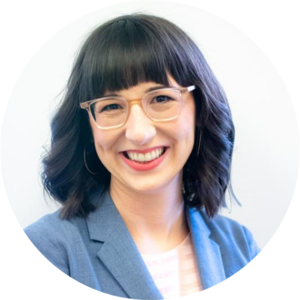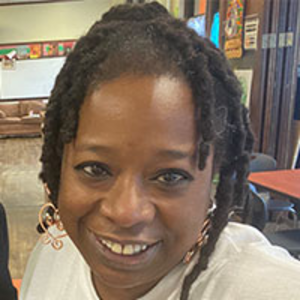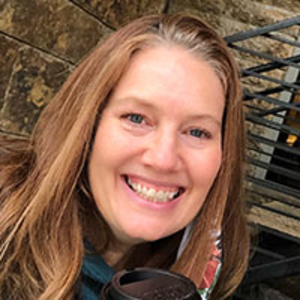
As literacy teachers and researchers, we know that classroom discussions can be challenging to facilitate – made more so by an increasingly digital world that pulls young people in myriad directions. So, we formed a research group to learn everything we could about using digital tools to facilitate these conversations in ethical, purposeful ways. Please find our most recent findings on this website page, in the National Writing Project’s Write Now Teacher’s Studio, and in our new book, coming out in 2026 (more details soon!).
About the Digital Discourse Project
The Digital Discourse Project is a research initiative funded by the James S. McDonnell Foundation in partnership with the University of Pennsylvania and the National Writing Project.
Our research-practice partnership has been guided by the question: How do secondary humanities teachers learn to facilitate digital discourse in online discussions with students?
Starting in 2020, we formed inquiry groups with teachers from a diverse set of school districts across the U.S., led by teacher-researchers from the Philadelphia and Denver Writing Projects. With the shift toward digital technologies during the pandemic, we found increased interest in classroom forms of digital discourse, which we defined as the multiple interactive dimensions of communicating online. Our work was guided by a process of collaborative inquiry, which centered around the following commitments:
- Teachers are understood to be professionals, theorizers, and experts in/of their own contexts.
- Participants are engaged in inquiry into their practice through shared inquiry, embodying inquiry as a stance, and grounding discussions about teaching.
- Artifacts of practice, particularly those grounded in student work, are central in concretizing and grounding discussions about teaching.
- Dialogue is oriented toward understanding why participants make the decisions they do (e.g., surfacing what they value, engaging in pedagogical reasoning). These discussions take up concerns at the nexus of purpose ("why"), teaching ("how"), students ("who"), and content ("what").
- Participants are engaged in mutuality and reciprocity in their work together, acting both as learners and teachers open to multiple perspectives.
Our team used qualitative, design-based research methods to collect data about teachers' and students' digital discussions of texts. By analyzing how students and teachers practiced digital discourse in the classroom over six years, we developed a framework for facilitating generative digital discussion about, with, and through texts.
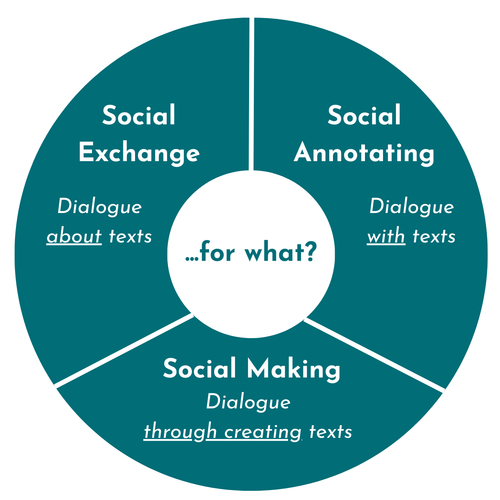
The Digital Discourse Framework involves three practices for humanities classrooms: social exchange, social annotating, and social making. As practices, social exchange, annotating, and making orient us to what people are doing with texts: not as plug-and-play activities but as deeper ways of cultivating and conceptualizing the engagement with texts that we want to foster in the humanities classroom. The word social at the beginning of each one highlights that they are always being practiced with others, whether or not those other people or texts are visible. The question ‘digital discourse for what?’ is at the center to remind us that these digital discourse practices should always be in service of deeper purposes that drive teaching and learning. Building on this framework, we have created educational and curricular resources for other humanities teachers.
Please see a full library of resources in the National Writing Project’s Write Now Teacher’s Studio.
The Digital Discourse Framework
Social Annotating
Social annotating is dialogue with texts, as students and teachers leave responses on a text that others can see and respond to, resulting in a layering of texts on texts on texts that builds from the original. Social annotating helps to make thinking visible and anchor discussion in the text.
Social Exchange
Social exchange is dialogue about texts, usually through back-and-forth comments, posts, or threaded discussions. The focus is on collaborative sense-making and the exchange of ideas as students talk about texts using multimodal communication channels.
Social Making
Social making is dialogue through texts – the practice of creating a new text in response to or inspired by the original (e.g., art, poetry, fiction, essays, music, podcasts, playlists). Social making highlights students’ own sensemaking as readers/writers and invites personal engagement with texts and ideas.
Facilitating Digital Discourse with Emerging Technologies
In order to dismantle digital divides in literacy education - one of our shared goals as a team -, we seek to be on the leading edge of working with new technologies, like generative AI, in equity-centered ways. Given that much of the previous research on AI and writing in K-12 classrooms has had a striking absence of a focus on equity (Stornaiuolo et al., 2023), we have been committed to centering equity in our digital discourse research with generative AI: a powerful ‘so what’ driving our research. As we ask how we can help teachers and students take control over the technologies that surround them, we have been experimenting with different ways to engage with generative AI, especially through collaborations with Paul Allison and other National Writing Project teachers on sites like Now Comment and Writing Partners.
We created a rubric based on how we saw humanities teachers taking generative AI into account in their writing assignments (explained in more detail in this short piece). Depending on their purpose (their deeper ‘so what’), teachers created assignments that incorporated AI in different ways: sometimes to take advantage of AI’s assistive dimensions (e.g., giving feedback) and other times to resist AI (e.g., a documentary project). Sometimes teachers wanted to lean into the creative possibilities (e.g., co-writing stories) or rhetorical capacities (e.g., comparing two writing samples) and other times to take a critical stance (e.g., researching its environmental impact). These different kinds of assignments allowed teachers to incorporate generative AI in intentional ways to support the digital discourse practices of social exchange, social annotating, and social making. We offer examples of these different digital discourse practices with generative AI in the National Writing Project’s Teachers Studio (for a preview, see Sam Reed and Bonnee Breese Bentum discuss their work with generative AI in this video).

Supporting the practice of writing
Examples:
- Checking grammar
- Dialoguing about ideas
- Generating content
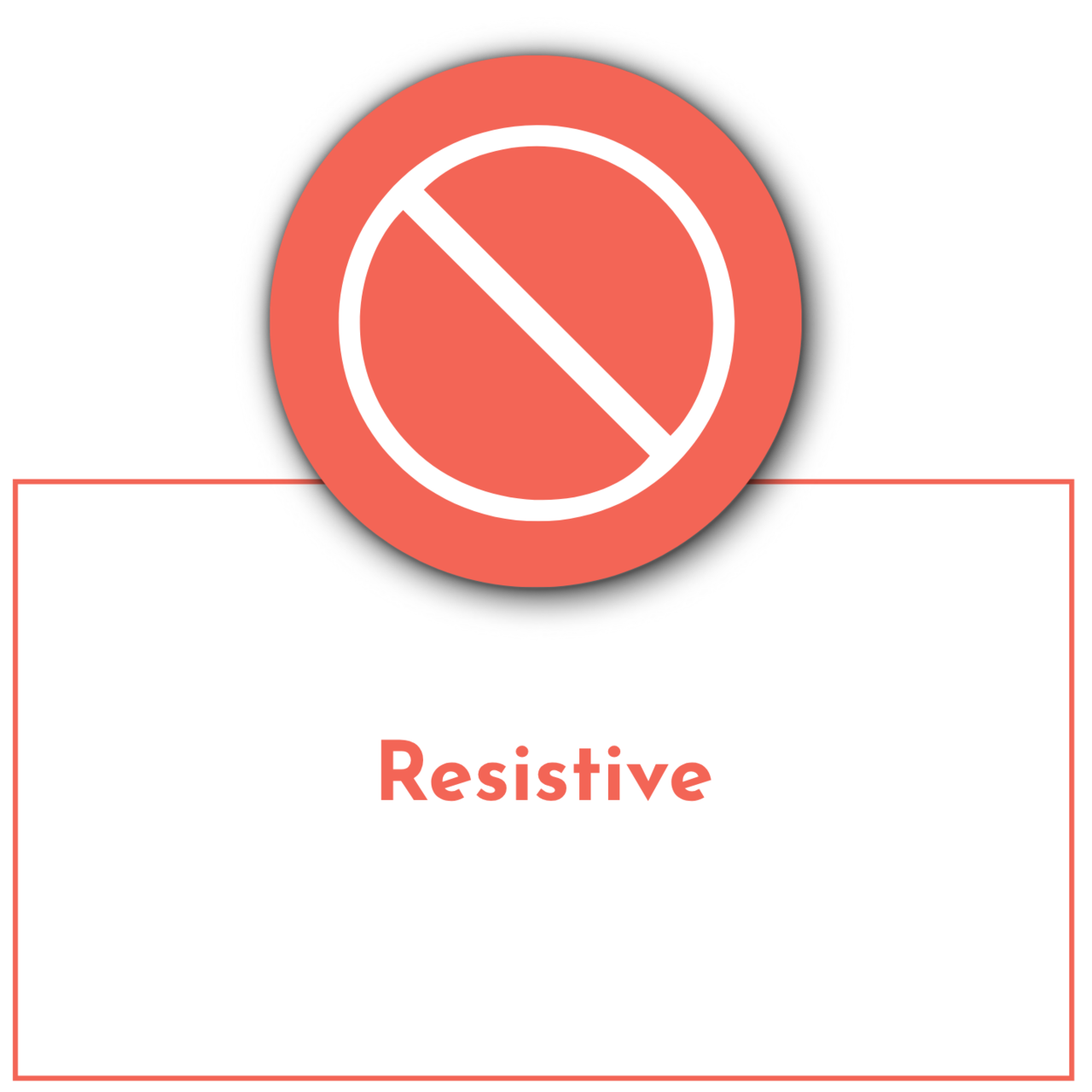
Foregrounding student ideas & voices
Examples:
- Pen and paper
- Process-focused
- Documentary or personal training
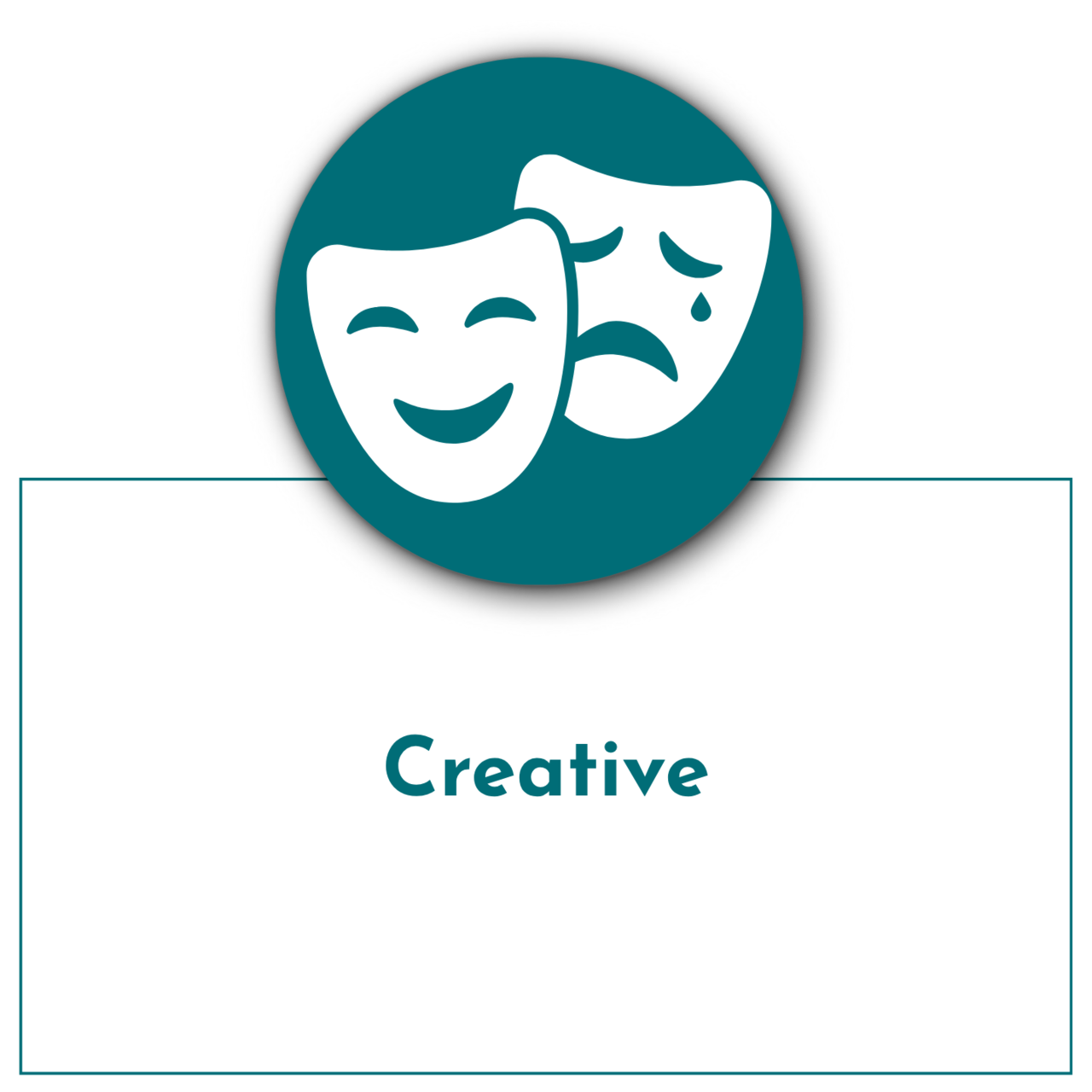
Exploring expressive writing dimensions
Examples:
- Co-composing stories/poems
- Making images or videos
- Developing characters

Highlighting how writing works
Examples:
- Comparing AI/human output
- Changing audience/purpose
- Generating different forums
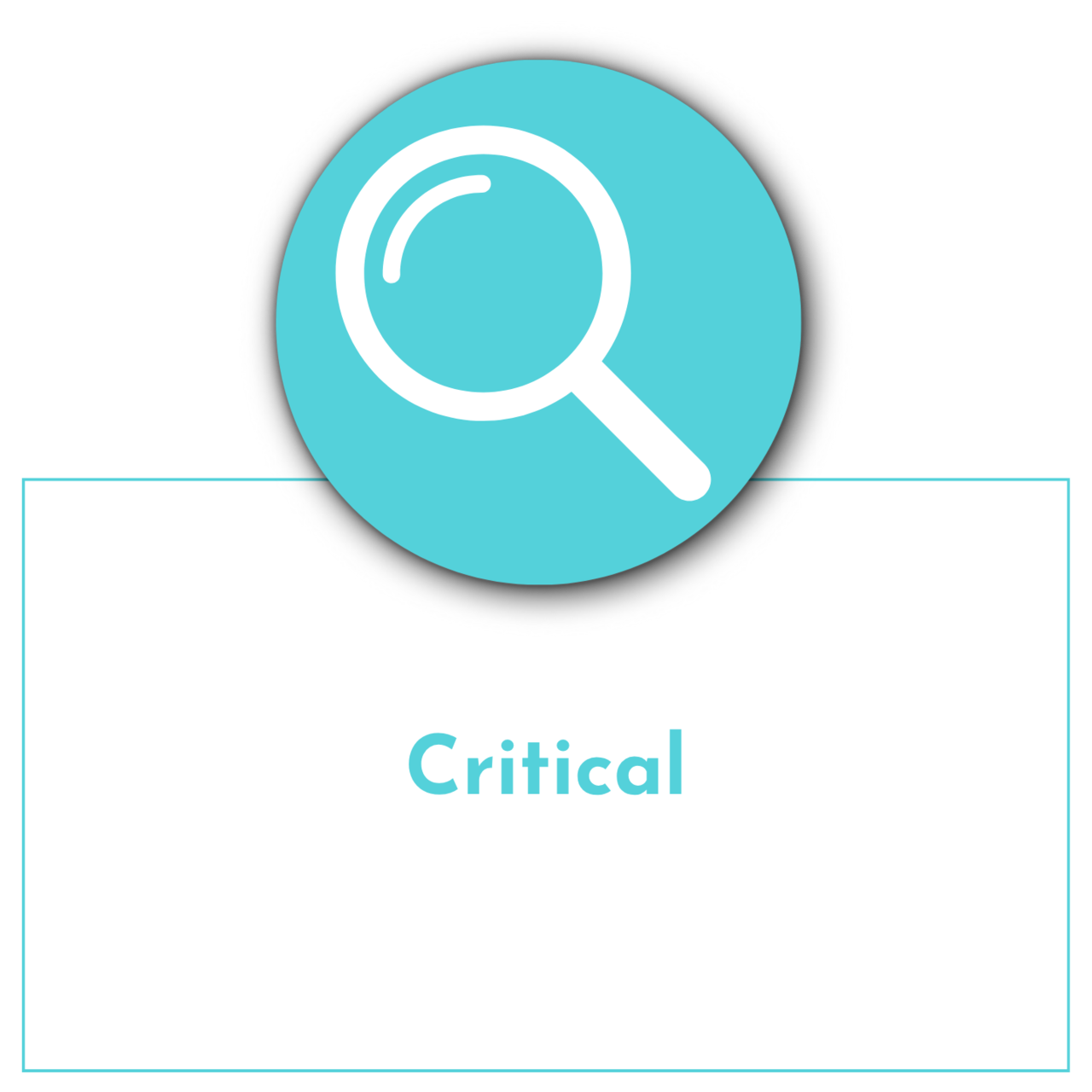
Learning how GenAI technologies work
Examples:
- Researching environmental impacts
- Testing GenAI for bias and misinformation
- Exploring ethical questions (e.g. plagiarism)
Meet the Team
The Digital Discourse Project is made up of a large network of teachers, researchers, and collaborative partners.
Contact Us
For more information about the project, please contact the principal investigator, Dr. Amy Stornaiuolo, at amystorn@upenn.edu.
